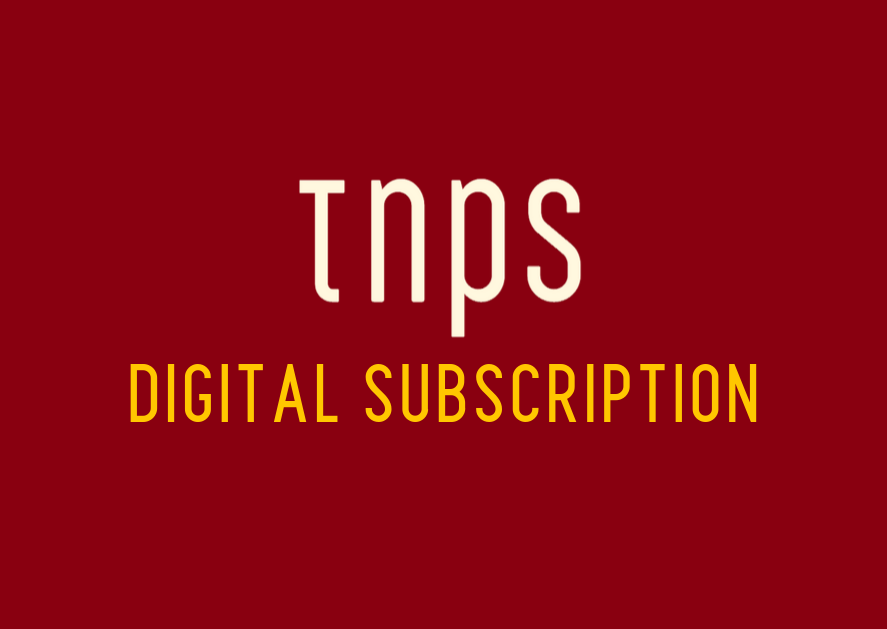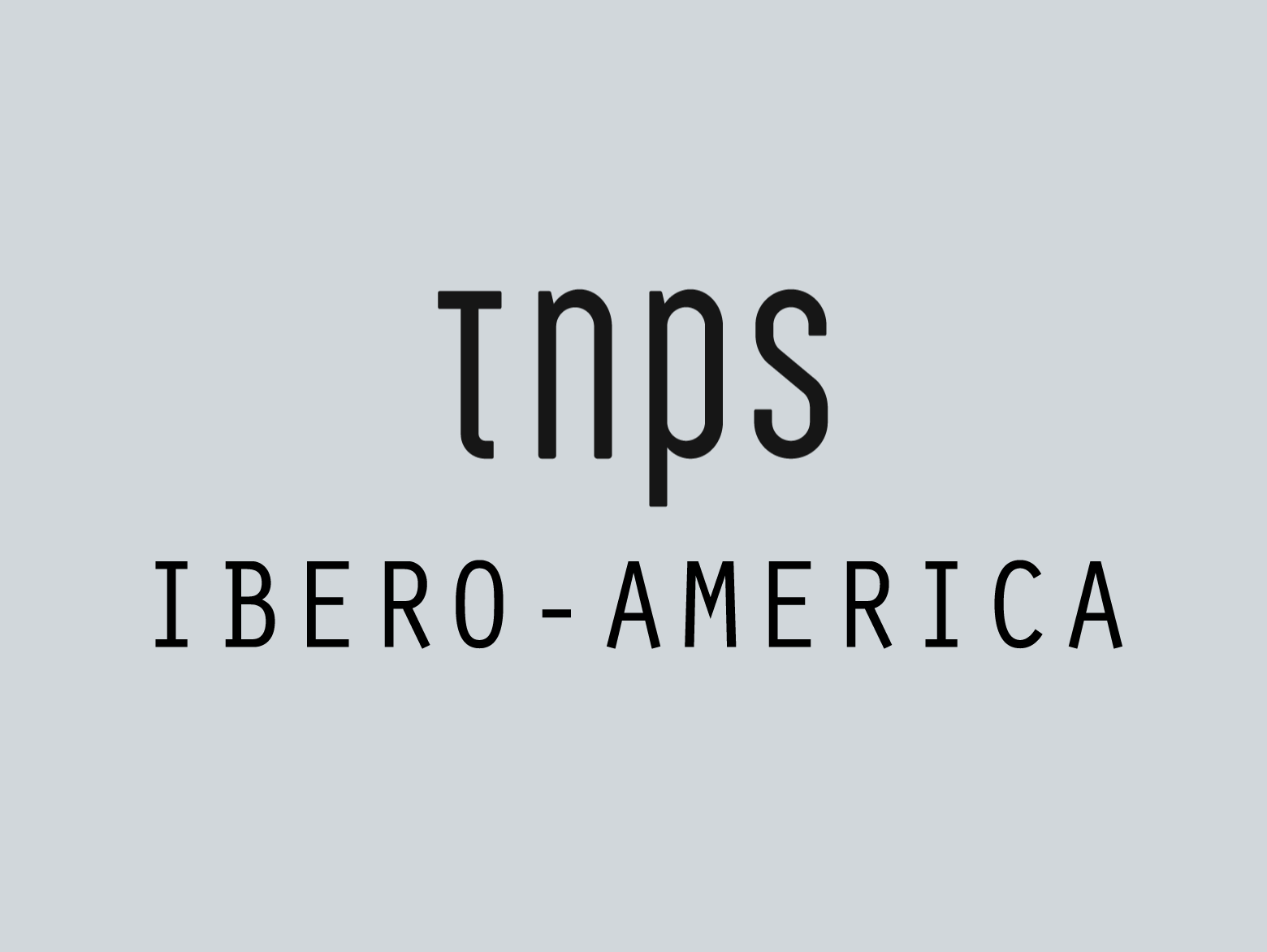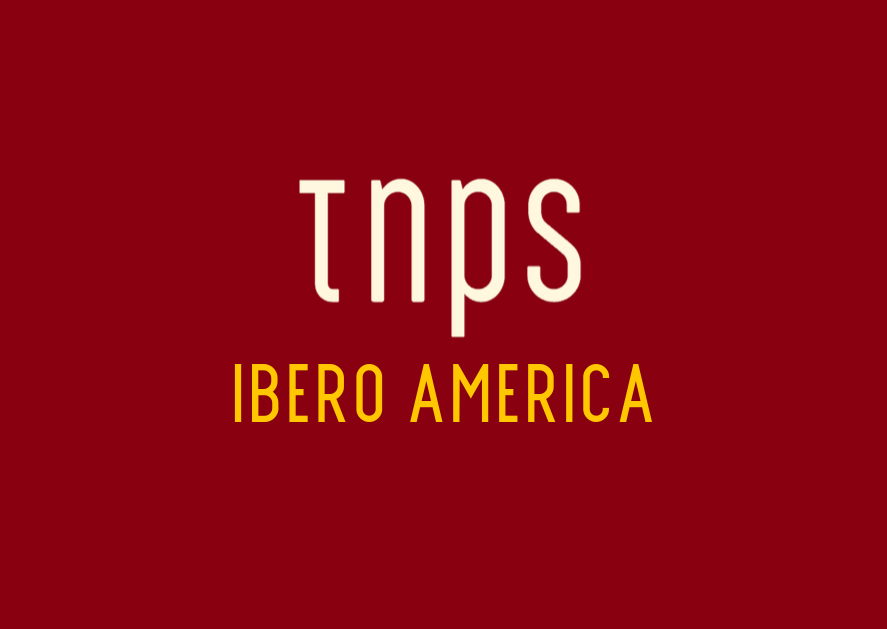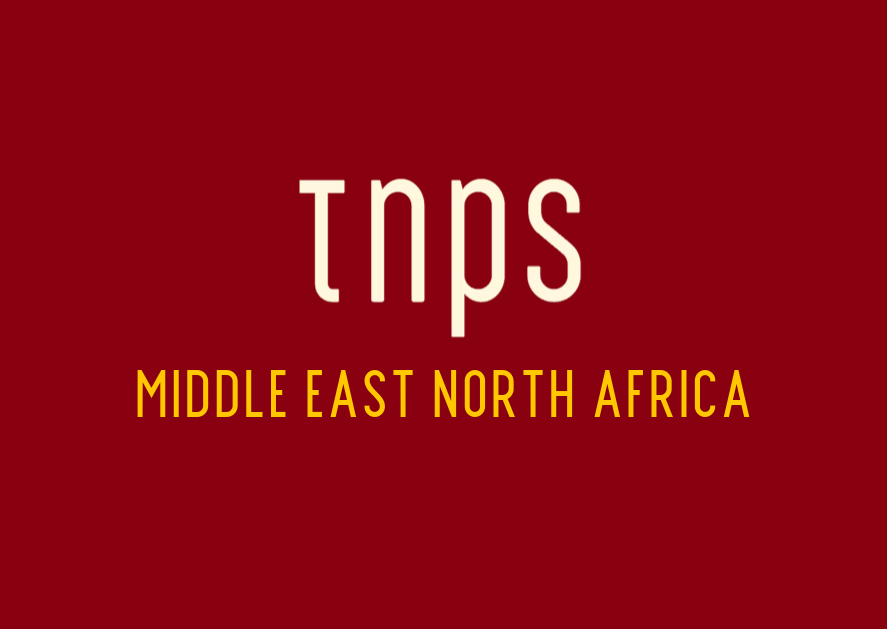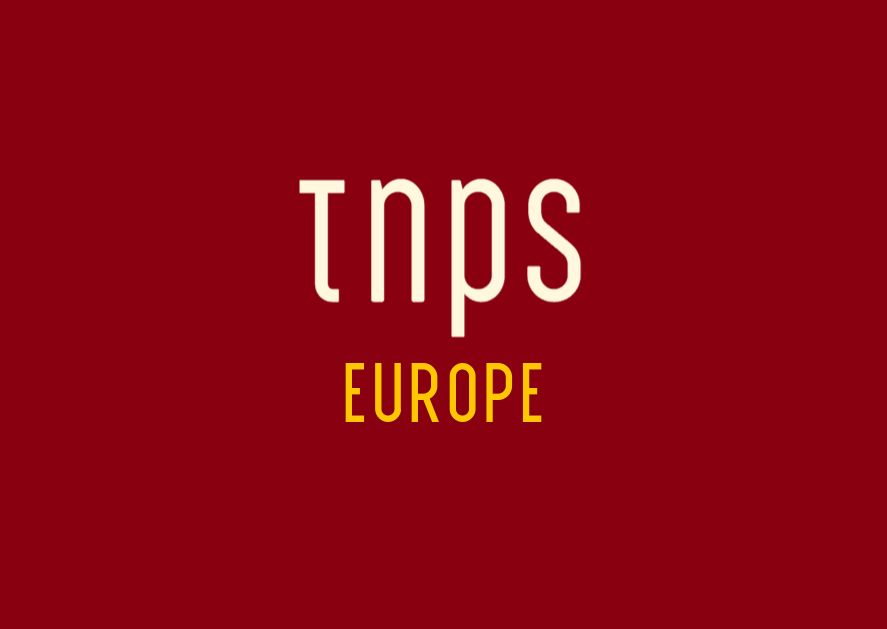Tellander speaks with the confidence of someone who knows he holds the trump cards for the global audiobook markets. There simply is no serious challenger out there at this time that might give Tellander sleepless nights.
Speaking to The Bookseller editor Philip Jones for the Futurebook programme, Storytel CEO Jonas Tellander had stark advice for publishers: embrace the unlimited subscription model or fade away.
If the focus was on audiobooks, the digital darling of The Bookseller, which it sees as the lesser threat to bricks and mortar print sales, the talk was about the model, not the format, and Tellander’s words might as easily be about ebooks as about audiobooks. But let’s stick with audiobooks for now.
Said Tellander:
The book market, to stay relevant, as it’s always done over time, really needs to embrace the unlimited subscription model. Then it’s all a question of how strong we are as a book industry to hold our ground and ensure that the story creation can remain within the book publishing ecosystem and reach customers in a way that is profitable for the authors and good for the customers.
Premium content, Tellander stressed, was at the heart of the model’s success, and Spotify’s imminent move into the audiobook arena would come at a cost to the industry if publishers left it too late.
What we see is that all podcast and audiobook markets kind of converge and when that convergence happens, you have to make sure that you can ensure that people feel that this is premium content, that this is a good thing, this is something I want to pay for.
Per The Bookseller’s observation, Storytel charges €16–€17 per month, compared to around €10 as charged by music streamers. Although that’s to ignore the fact that Storytel adjusts its pricing to suit the market. In India Storytel charges the equivalent of just €3.
But Tellander clearly shares my views about Spotify’s entry to be a seismic shift –
and wants publishers to move sooner rather than later to embrace premium unlimited services like Storytel before Spotify has a chance to establish itself in the spoken-word sector.
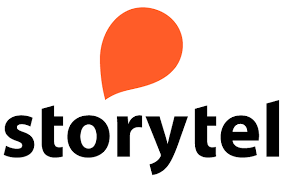
With Storytel’s 22nd market (Thailand) about to launch, Indonesia and Israel scheduled for early 2021, and a further 16 markets expected by 2023, Tellander speaks with the confidence of someone who knows he holds the trump cards for the global audiobook markets. Rival firms BookBeat and Nextory have yet to step outside Europe, Scribd and co. are relatively new to the audiobook game, and Audible runs on Amazon’s print-aligned rails. There simply is no serious challenger out there at this time that might give Tellander sleepless nights.
Futurebook being a UK trade event, the question of a future Storytel UK or Storytel US came up, but Tellander made clear that while the company dealt with Big 5 publishers for the existing Storytel markets, US and UK publishers just aren’t interested in the format in the Anglophone markets. At least, not yet.
Things are heating up. The audiobook market is, since a couple of years back, becoming more interesting for the main publishers so it’s natural to see some hesitation originally. But I know that you can’t lock out, basically, stories from such a big part of the market. People expect to see subscription services from all the different media formats and books, in particular audiobooks, is no exception. So I’m sure that will happen, and I’m sure that we will be a player over time in all the big markets. But when that happens, or actually if that happens, is something else.
Tellander confirmed that the company had shifted its strategy in entering new markets, As paraphrased by The Bookseller, Tellander said,
Markets where the streaming model is already established for things like music were beneficial, but the most crucial part was building an attractive catalogue with the support of local publishers.
Listening to stories is a universal thing, it’s something that will work well in all markets around the world. It’s just a question of timing and ensuring people are ready for it.
Ebooks? Ebooks remain a sideline for Tellander, and The Bookseller event was happy to keep ebooks out of the debate despite Storytel offering an e-reading device in Sweden and offering ebooks across its market stores.
The bottom line is, audio is a format Tellander is comfortable with, but so long as ebooks help bulk out the catalogue they are not going to be totally ruled out.
The unlimited ebook subscription opportunity is perhaps even more exciting than the audiobook opportunity, given production costs and consumer price friction, and Tellander’s continued audio focus leaves an opportunity for other players to step up and grab the global ebook prize.

